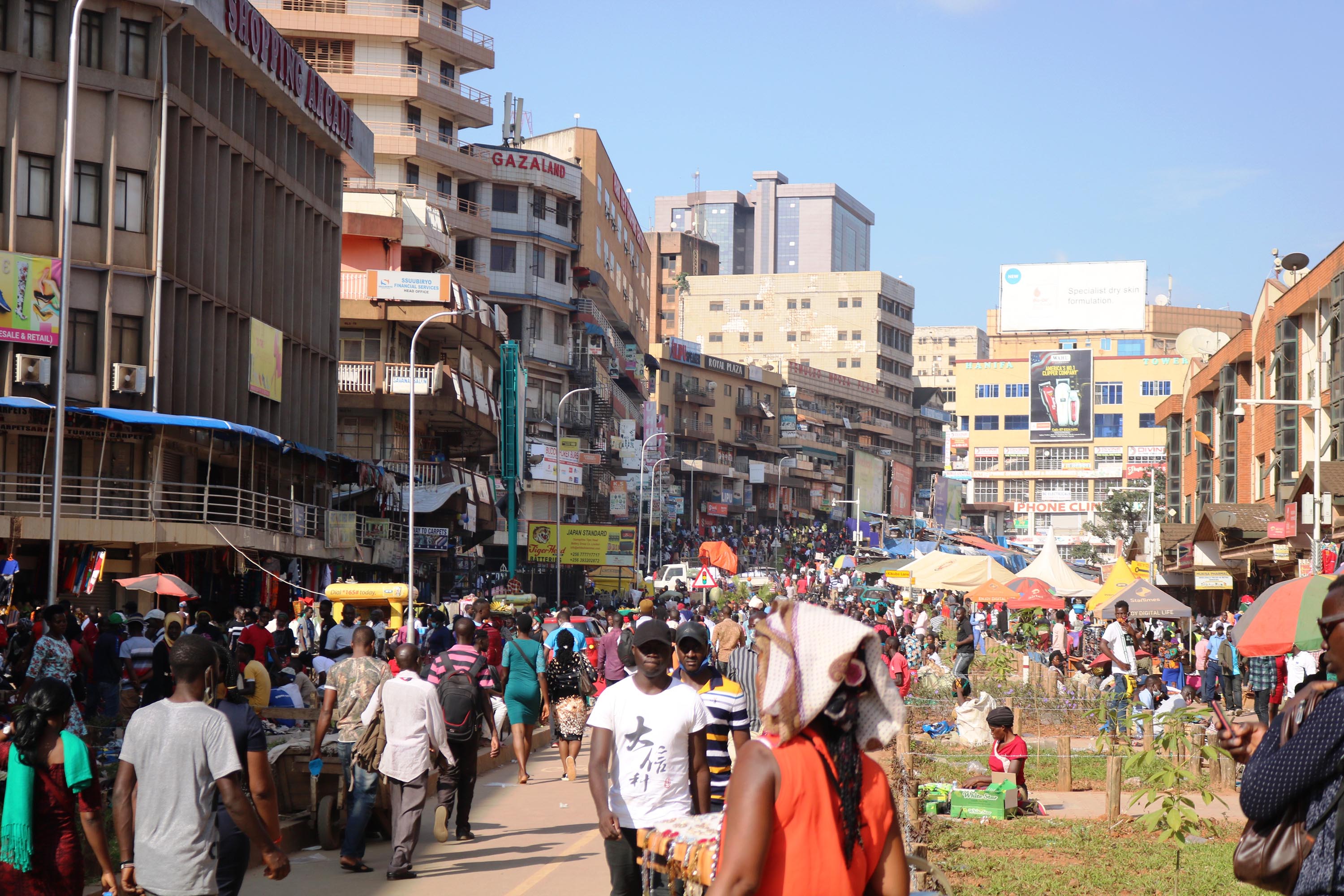On the proposed taxes on land transactions and construction materials

Musa Mugoya
What you need to know:
- With our already inflated land prices, the taxation will make land acquisition more expensive for households.
In 2016, the Uganda National Housing Policy was adopted, it took stock of the available housing as well as the deficit.
It estimated the total housing deficit of over 1.7 million housing units – both in rural and urban areas. It attributed the huge housing deficit to the slow rate of construction of housing units at 60, 000 units compared to the national annual need of 200,000 units; the low purchasing power for the majority of the households due to the high poverty levels; inadequate supply of affordable building materials on the market coupled with their high prices and the divestiture of government from the provision of housing.
Relatedly, the NRM manifesto 2021 – 2026 explicitly acknowledges that the high cost of building materials, technology and other related basic infrastructure is one of the factors responsible for the housing deficit.
The same manifesto further recognises that about60 percent of the population in urban areas resides in unplanned and informal settlements and slums with substandard housing, overcrowding and limited access to essential public services such as clean and safe water, sanitation, healthcare and education, among others.
Despite acknowledging the above challenges, in the Housing policy, the government largely opted for the relatively low responsibility, that is the regulation of the housing industry and offloaded the mass construction of housing on the private sector.
Thus key among the guiding principles for the Housing policy is that: Housing delivery is a core responsibility of individual households and the private sector; and the government is to work towards providing a conducive environment to stimulate housing development and only intervene in housing production for specifically targeted groups.
A conducive environment can entail a legal framework that guarantees security of tenure and a tax regime that facilitates affordability of land, construction services and materials by households and the private sector that the government assigned the primary role of production of housing.
Unfortunately, some of the proposed tax proposals for the fiscal year 2024/25 only serve to exacerbate the housing deficit. This is contrary to the Housing Policy and the current NRM manifesto.
In the Income Tax (Amendment) Bill 2024, the government is proposing a 5 per cent tax on the gain realised from the sale of land in a city or municipality with the exclusion of land occupied by principal residences and rental property.
Such a proposal will increase the cost of land acquisition which is the first step in owning a house. The 5 percent tax gain being imposed on the land vendors will be passed onto the purchasers.
With our already inflated land prices, the taxation will make land acquisition more expensive for households and private sector players involved in the mass production of housing units.
Relatedly, the Excise Duty (Amendment) Bill 2024 also seeks to introduce Shs500 excise duty on each 50kgs of cement, adhesives, grout white cement or lime.
This will have a vertical effect on the price of building materials. Yet the cost of building materials which is recognised as one of the major contributors to the housing deficit.
Through public policy, the government sets principles and plans to guide decision-making and action on specific issues such as housing. Equally, an election manifesto serves as a blueprint for a political party, outlining its principles, policies, and commitments to the voters upon being entrusted with the power.
The proposed excise duty of Shs500 on cement, adhesives, grout white cement or lime and the 5 per cent capital gains tax on land transactions is contrary to the Uganda National Housing Policy 2016 and the 2021 – 2026 NRM manifesto and therefore Parliament should out rightly reject the proposals
Mr Musa Mugoya – Programme Officer, Initiative for Social and Economic Rights (ISER)




